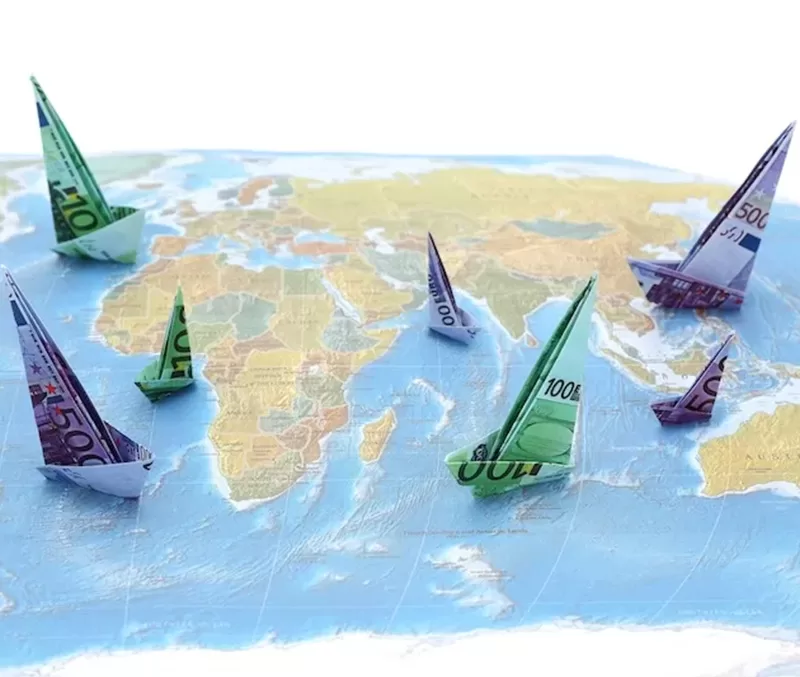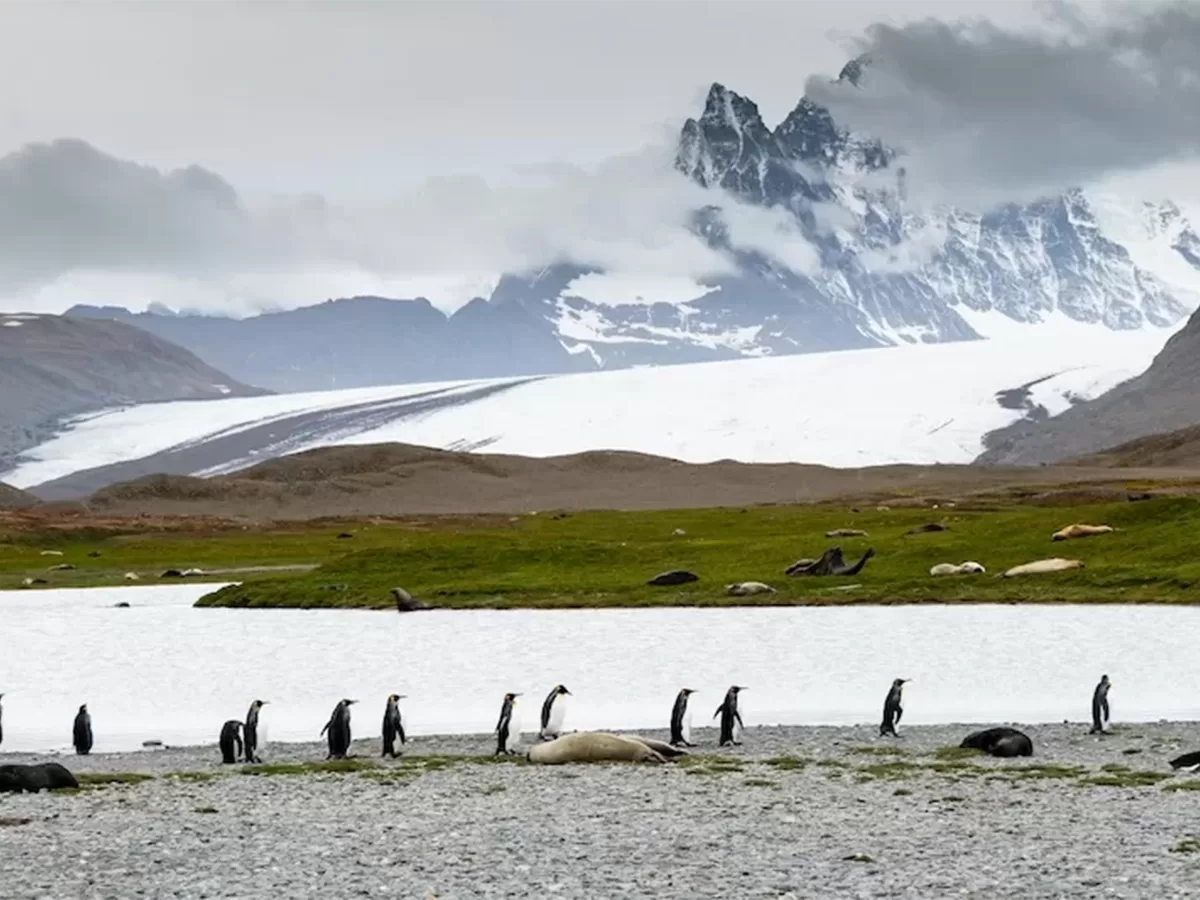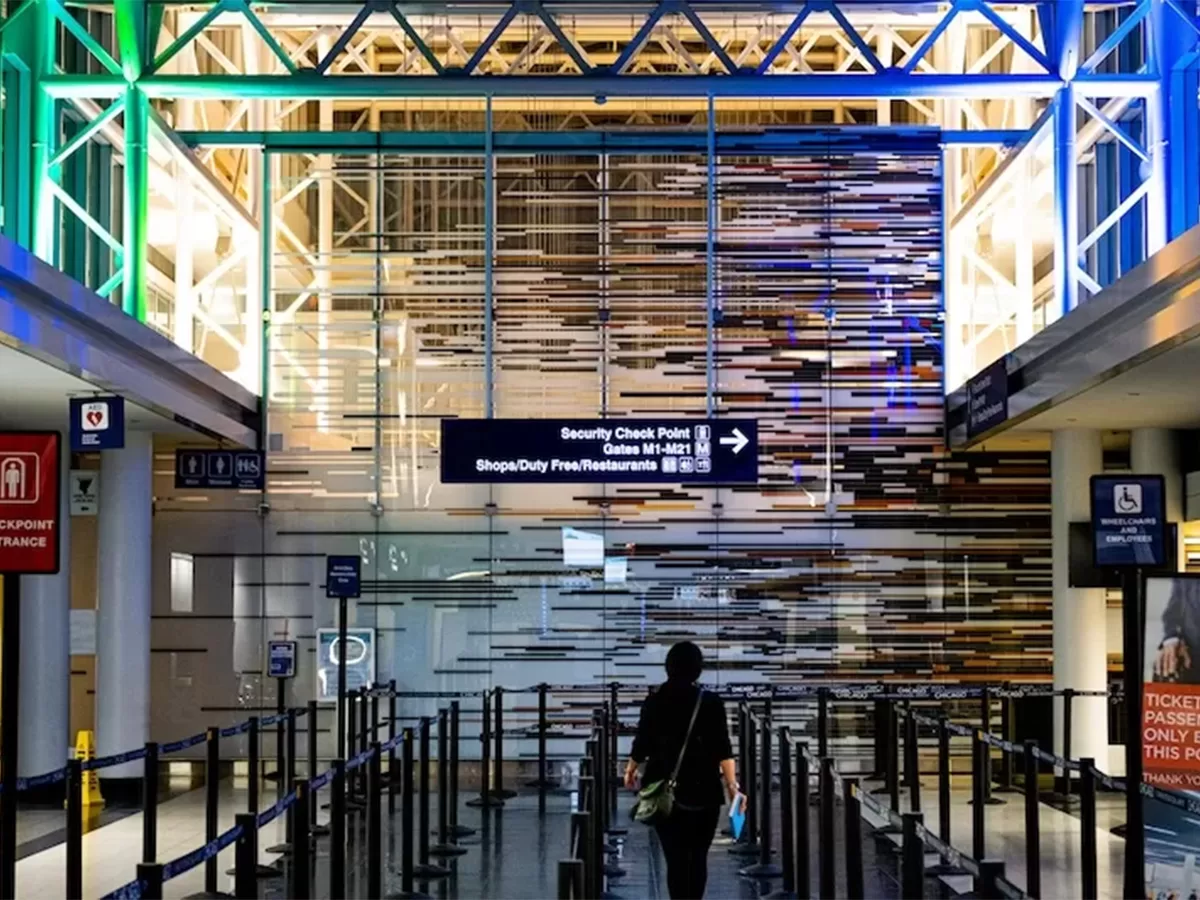Tariff Tensions and Cracks in Control
The latest news and trends from around the world
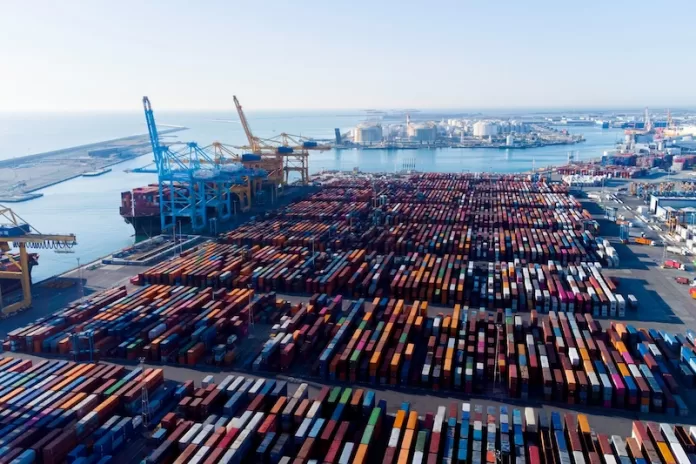
A sweeping trade shift takes hold as global tariffs reshape the economic order. China rallies opposition to what it calls U.S. “trade tyranny,” while retaliatory moves deepen fractures among former allies. In Sydney, shark nets are being reevaluated amid rising environmental concerns. Japan’s high-speed spectacle charms rail lovers, and tragedy strikes the Dominican Republic as a nightclub roof collapses. Here’s what’s making headlines this week.
Tariff Shockwave
The U.S. has implemented a sweeping new package of tariffs, targeting not only strategic rivals like China, but long-time allies including the EU and Canada. Chinese goods now face minimum tariff rates of 104%, with dozens of other countries seeing duties rise up to 50%. Beijing has vowed to hold firm in the deepening trade war and called for a united global front against what it terms U.S. “trade tyranny.”
Canada, meanwhile, has launched retaliatory tariffs on American-made vehicles, intensifying tensions between close trading partners. Economists warn that the ripple effects will be global: higher prices, disrupted supply chains, and the further fracturing of multilateral trade frameworks. For many, this marks not just an escalation—but a fundamental reordering of how global commerce works.

Nets Under Fire
The days of shark nets at Sydney’s most iconic beaches may be numbered. Public pressure, environmental data, and a string of whale and turtle entanglements have pushed New South Wales authorities to reconsider the controversial deterrents. Introduced in the 1930s, the nets have long divided communities—praised for swimmer safety, but condemned for indiscriminate harm to marine life.
New trials of non-lethal alternatives, including drone surveillance and smart buoys, are gaining momentum. Critics of the nets argue they offer a false sense of security, with most shark encounters occurring beyond netted areas. As public opinion shifts and ecological awareness grows, Australia’s beach safety strategy is being forced into a long-overdue evolution.

The Shinkansen Kiss
In Japan, a little-known spectacle has become a cult fascination for trainspotters: the “Shinkansen kiss.” The phenomenon occurs when two bullet trains briefly meet nose-to-nose on parallel tracks at select stations before parting ways. Though lasting mere seconds, the synchronised encounter draws photography enthusiasts and rail superfans from around the world.
These fleeting moments have become a symbol of Japanese precision, engineering, and a cultural appreciation for infrastructure. Tourism boards have even started incorporating the “kiss” into local campaigns, turning a logistical routine into an attraction. For those in the know, it’s a small but perfect embodiment of Japan’s love affair with the railways.
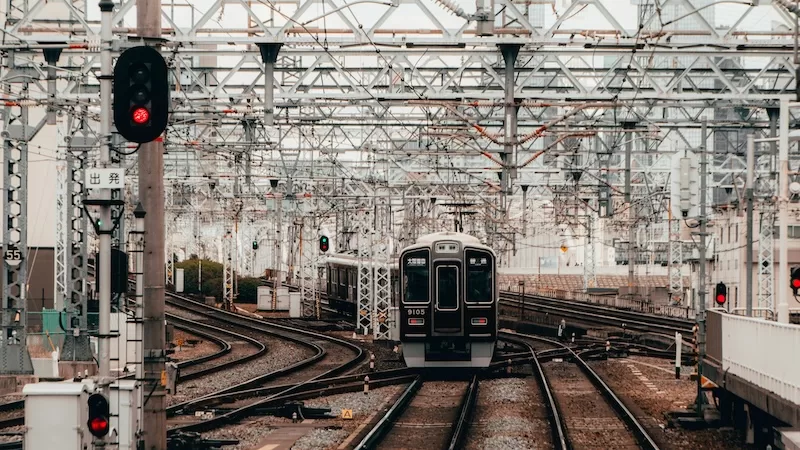
Collapse in Santo Domingo
Dozens are dead and many more injured after the roof of a packed nightclub collapsed in Santo Domingo, the capital of the Dominican Republic. Initial reports suggest structural weaknesses were to blame, though investigations are ongoing. Rescue teams worked through the night to locate survivors, while emergency officials warn the toll may continue to rise.
The tragedy has prompted urgent calls for stricter safety regulations and inspections in commercial buildings across the country. As families mourn and the nightclub industry faces scrutiny, the disaster is a painful reminder of the deadly cost of weak enforcement and overlooked infrastructure.
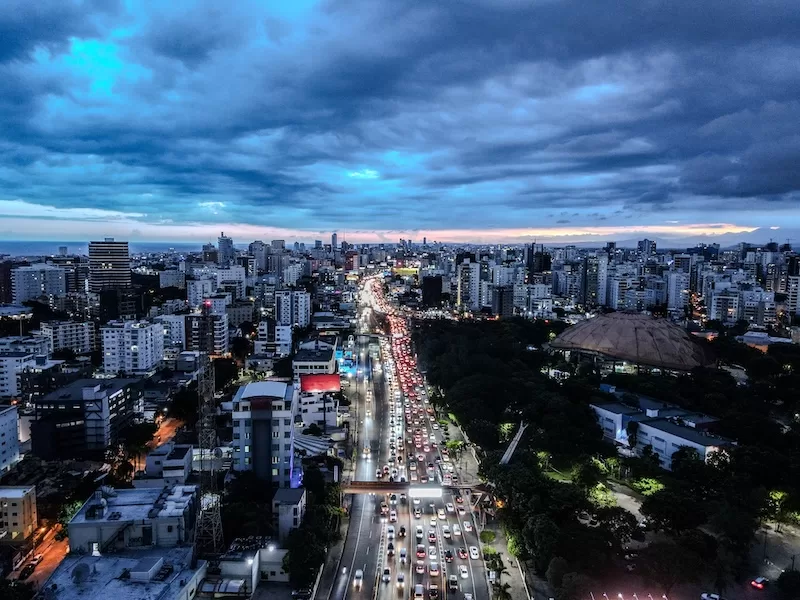
Gate Games
A new viral trend has airport authorities concerned: travelers intentionally missing their flights for the content. On social media, users are filming themselves lingering in lounges, strolling through terminals, or waiting in long lines—only to dramatically reveal they’ve missed boarding. Some cite the thrill, others claim it’s about documenting airport chaos or testing staff leniency.
Read more like this: last Week’s Global Roundup
Airlines aren’t amused. Carriers report increasing disruptions and wasted resources as a result of what they’re calling “performative delays.” With some airports already stretched for capacity, the trend is being called both irresponsible and wasteful. As views climb, so do frustrations—leaving travel insiders warning that the next viral moment could land someone on a no-fly list.
Stay updated with the latest news and trends from around the world. Subscribe now for in-depth analysis and real-time updates!
















